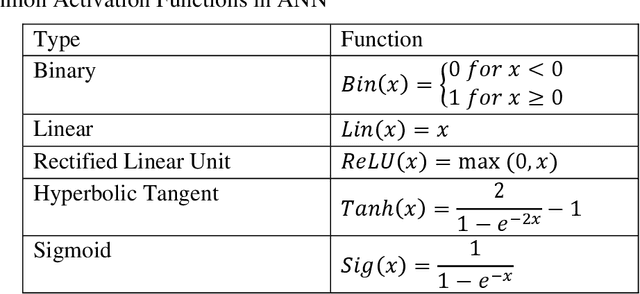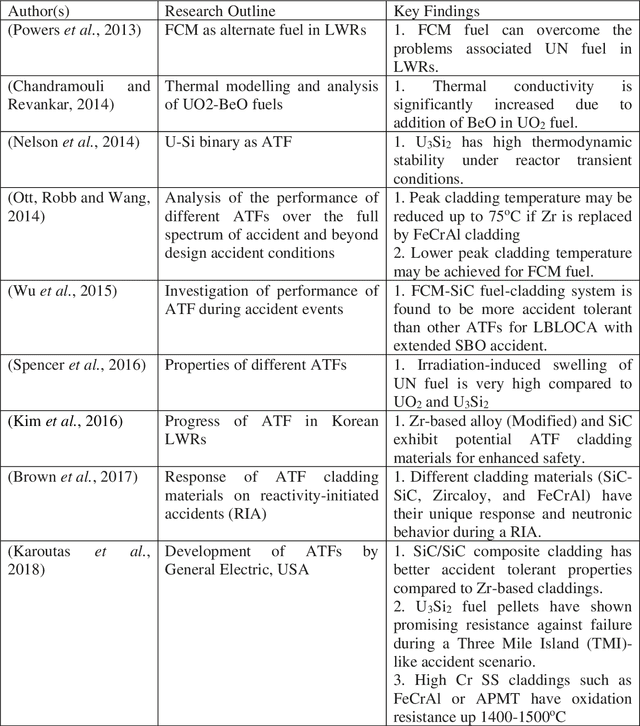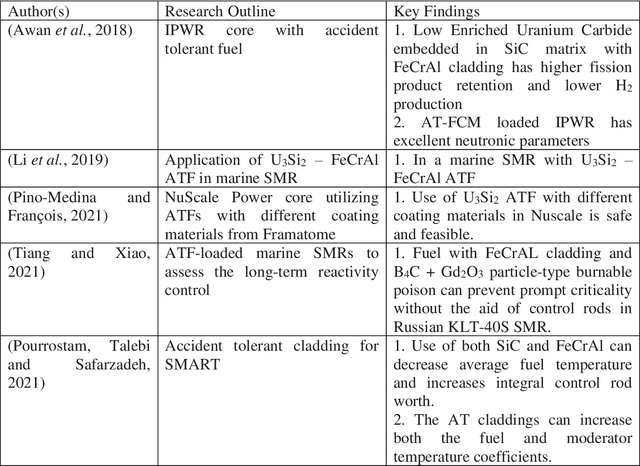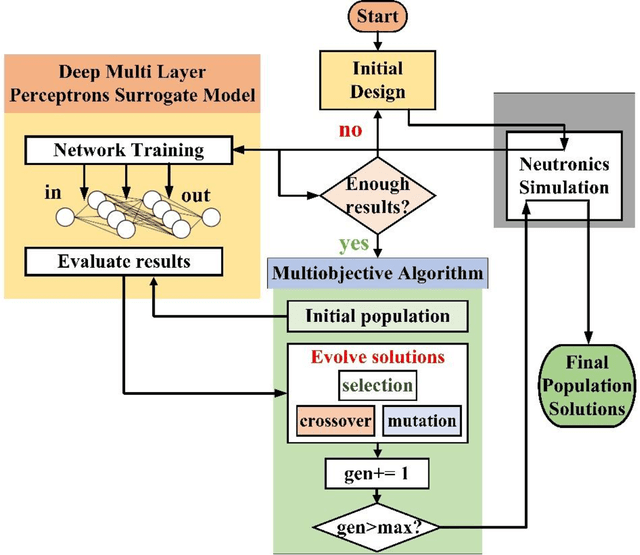Abid Hossain Khan
Digital Twin and Artificial Intelligence Incorporated With Surrogate Modeling for Hybrid and Sustainable Energy Systems
Sep 30, 2022


Abstract:Surrogate modeling has brought about a revolution in computation in the branches of science and engineering. Backed by Artificial Intelligence, a surrogate model can present highly accurate results with a significant reduction in computation time than computer simulation of actual models. Surrogate modeling techniques have found their use in numerous branches of science and engineering, energy system modeling being one of them. Since the idea of hybrid and sustainable energy systems is spreading rapidly in the modern world for the paradigm of the smart energy shift, researchers are exploring the future application of artificial intelligence-based surrogate modeling in analyzing and optimizing hybrid energy systems. One of the promising technologies for assessing applicability for the energy system is the digital twin, which can leverage surrogate modeling. This work presents a comprehensive framework/review on Artificial Intelligence-driven surrogate modeling and its applications with a focus on the digital twin framework and energy systems. The role of machine learning and artificial intelligence in constructing an effective surrogate model is explained. After that, different surrogate models developed for different sustainable energy sources are presented. Finally, digital twin surrogate models and associated uncertainties are described.
Machine Learning and Artificial Intelligence-Driven Multi-Scale Modeling for High Burnup Accident-Tolerant Fuels for Light Water-Based SMR Applications
Sep 25, 2022



Abstract:The concept of small modular reactor has changed the outlook for tackling future energy crises. This new reactor technology is very promising considering its lower investment requirements, modularity, design simplicity, and enhanced safety features. The application of artificial intelligence-driven multi-scale modeling (neutronics, thermal hydraulics, fuel performance, etc.) incorporating Digital Twin and associated uncertainties in the research of small modular reactors is a recent concept. In this work, a comprehensive study is conducted on the multiscale modeling of accident-tolerant fuels. The application of these fuels in the light water-based small modular reactors is explored. This chapter also focuses on the application of machine learning and artificial intelligence in the design optimization, control, and monitoring of small modular reactors. Finally, a brief assessment of the research gap on the application of artificial intelligence to the development of high burnup composite accident-tolerant fuels is provided. Necessary actions to fulfill these gaps are also discussed.
 Add to Chrome
Add to Chrome Add to Firefox
Add to Firefox Add to Edge
Add to Edge